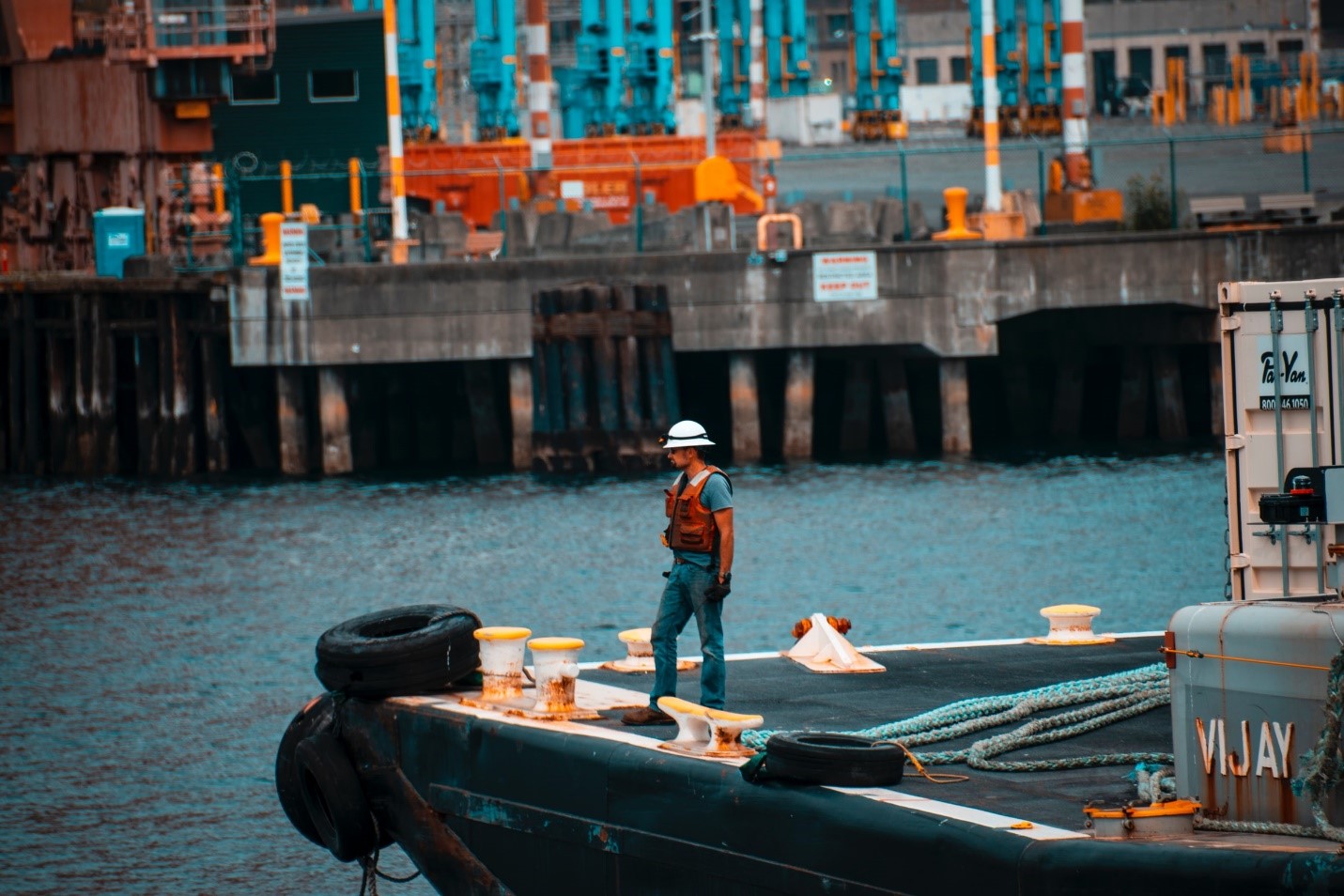
A career in the maritime industry can be exhilarating, challenging, and extremely dangerous at the same time. Statistics issued by the CDC (Center for Disease Control & Prevention) in the United States suggest that people working offshore are 7 times more likely to get killed on the job, as compared to those employed on land. Oil and gas accidents at sea can prove fatal for the naval crew; not to mention, reaching for immediate help is often an impossible task when all that is visible for a hundred miles in every direction is deep waters. Workers in the offshore business stay away from family for prolonged periods, which is often emotionally devastating.
Dealing with the hazards at sea is a daily struggle for maritime employees. Most days they have to work without pause and adjust to unpredictable environmental conditions. An unexpected storm at sea, malfunctioning of heavy offshore machinery or an explosion/fire resulting from mishandling of volatile substances, such as oil and gas can create catastrophic situations. Many new sailors suffer from motion sickness from the constant bobbing, which makes them even more susceptible to offshore perils.
Slip and fall accidents are quite common in maritime workers, given the unstable footing and rocky movement. Heavy rain, prevailing winds, and fog further decrease visibility and sense of direction. Many workers fall off the boat or ship when a sudden wave hits and are lost to the sea. No matter how excellent the swimming skills of an offshore worker, they are no match for the ocean’s profound and raging waters. If you ask a maritime worker that how do they suppose they would die, I am sure ‘drowning’ shall be the unanimous answer.
At times, workers are rescued from compromising situations, but their grave injuries prohibit them from resuming the hectic role. Inadequate lighting for nighttime shifts at sea also elevate the chances of tumbling down steps or stumbling off the railing, leading to serious musculoskeletal injuries. Many times proper medical treatment is not available and the worker is forced to get back on duty before full recovery. Many maritime accidents happen due slight operational errors and negligence of fellow coworkers as well.
The law protects the rights of maritime employees who face fatal injuries or die a wrongful death on duty. Nonetheless, many offshore employers lay off workers and refuse to pay worker’s compensation if they cannot continue the job; the dependent families of deceased workers are left to suffer financial hardships. Offshore Injury Attorney has helped many victims of offshore accidents to retrieve the monetary reimbursement they deserve.
The common maritime law works on a ‘no fault’ basis, which means that the injured employee is entitled to compensation (irrespective of who or what caused the accident). Similarly, The Jones Act grants injured sailors maintenance and cure compensation; this includes reimbursement for medical bills, and well as basic living expenses like food, rent, and utilities. The Long Shore & Harbor Worker’s Compensation Act requires workers to pay for medical treatment and make up for a permanent or temporary disability.